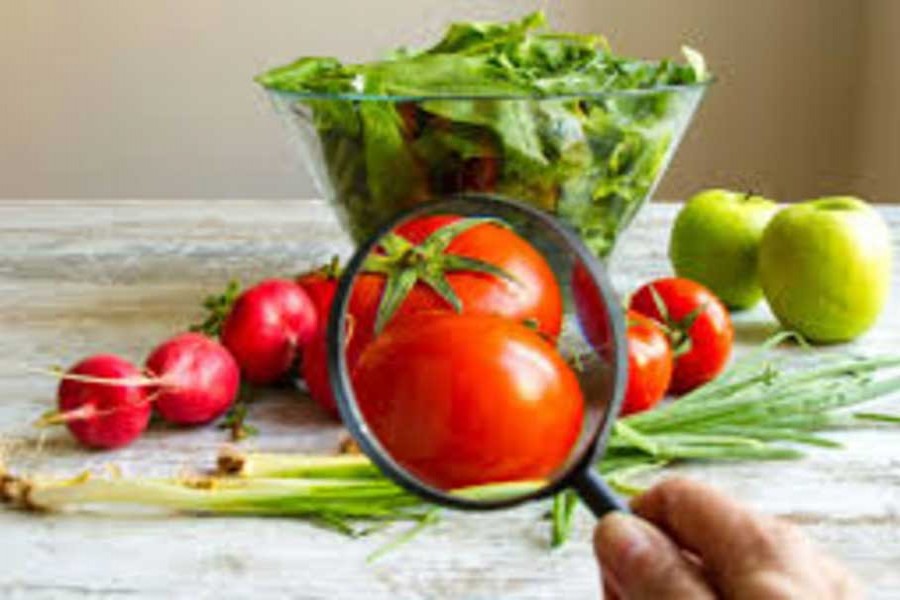Mainly elderly people complain that most of the vegetables and fish varieties they buy from the market do not taste like before. Production of hybrid crops and excessive use of fertilisers and pesticides are blamed for downgrading food delicacy.
In this densely populated country which once saw repeated famines, availability of foods after modernisation of farming was a matter of joy. When guardians are happy as they can offer enough foods to dependants, children are not aware of what they are eating. The weed of food autarky drive is: massive food adulteration.
In the United States, food-borne illnesses reportedly sicken approximately 48 million Americans or 17 per cent of people each year and lead to 128,000 hospitalisations and 3,000 deaths.
Dependable assessment of the public health impact of food contamination in Bangladesh is not available due to absence of a regular monitoring system, according to the World Health Organisation which describes the situation as a serious public health concern. The WHO's Dhaka office says the general scene of food contamination demonstrates a widespread non-compliance with hygienic practice in food handling both among food producers and food traders such as street food traders.
Once the country has attained near self-sufficiency, the government now recognise the new challenge of food security and accordingly the 'National Food Policy 2006' emphasises "Adequate and stable supply of safe and nutritious food" as a key objective. Drives against food adulteration have been launched time and again and also suspended abruptly in the fear of negative effects of such actions.
In the past decade, ministers inaugurated formalin-free fish markets instead of dealing with import and use of harmful chemicals in foods. Some traders, introducing them as farmers, open makeshift shops for selling seasonal fruits claiming them to be free from chemical coating.
Of late, the Ministry of Agriculture has initiated a 'Krishoker Bazar' or farmers' market beginning it in Dhaka city at the weekend, where farmers can sell their produces directly to urban customers. Its aim is to promote sales and purchase of safe vegetables certified by the ministry authorities. There may be questions about commercial viability of such step, but this initiative has practically recognised the importance of safe foods.
In fact, the consumers are increasingly becoming concerned about health risks of adulterated or contaminated foods while some are looking for healthy foods. They are looking for options. Whenever they find quality fruits, vegetables, fish and milk while travelling outside cities, they love to buy some for their near and dear ones.
Networks between farmers like mango growers and urban consumers are being established on the social media and utilised for marketing food items that are believed to be free from health hazards or found to be more fresh and delicious.
Rising demand for organic rice, vegetables and fruits is a proof of the consumers' conscious efforts to procure foods that are simultaneously tasty and healthy. More than 100 farmers of Mustobapur village in Kaliganj upazila of Jhenidah district started growing vegetables without using chemical fertilisers and pesticides, a Bangla daily newspaper reported. This farming method have by this time spread across 23 villages there and the vegetables they grow are being sold at a weekly market called Boubazar of Vegetables free from pesticides in Bolarampur village.
People deserve opportunity to choose foods that are produced and marketed in compliance with safety standards. It is the responsibility of authorities concerned to stop adulteration and contamination of foods to protect public health. Given the governance failure, the people themselves are looking for ways and means to find safe foods.


